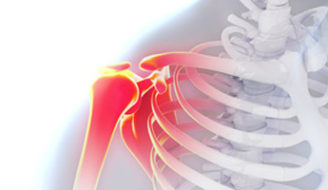
CPT 1 inhibition and inflammatory diseases
Increased fatty acid oxidation and insulin resistance are associated with systemic chronic inflammatory processes as indicated by increased concentration of inflammatory cytokines, such as TNFalpha, IL-6 and C-reactive protein. These changes predict the development of arteriosclerotic alterations in type 2 diabetes.
The link between increased fatty acid oxidation and inflammatory processes is obvious in obesity and insulin resistance. Therefore, it was surprisingly that inhibition of CPT 1 by etomoxir has an anti-inflammatory and pain-reliving effect in patients without obesity and insulin resistance but suffering with rheumatoid arthritis.
This effectiveness is evident when given etomoxir alone (monotherapy) as well as together with known anti-inflammatory or pain-reliving drugs such as aspirin (combination therapy).
Surprisingly, in combination with a low dose of etomoxir there is a more than additive therapeutic effect of the drugs. Because that therapy with the well-known anti-inflammatory non-steroidal drugs is associated with severe side effects (bleeding in the gastro-intestinal tract) the addition of a low dose of a CPT 1 inhibitor such as etomoxir has the advantage to reduce the dose with much less chance of the serious side effects (see Offer for license/patents)
